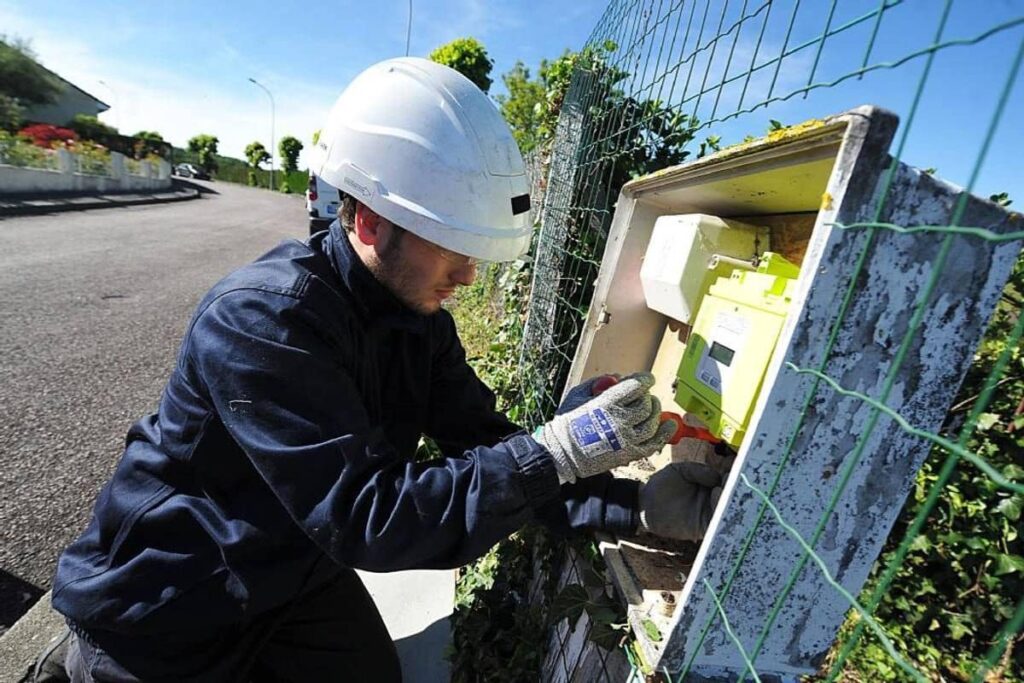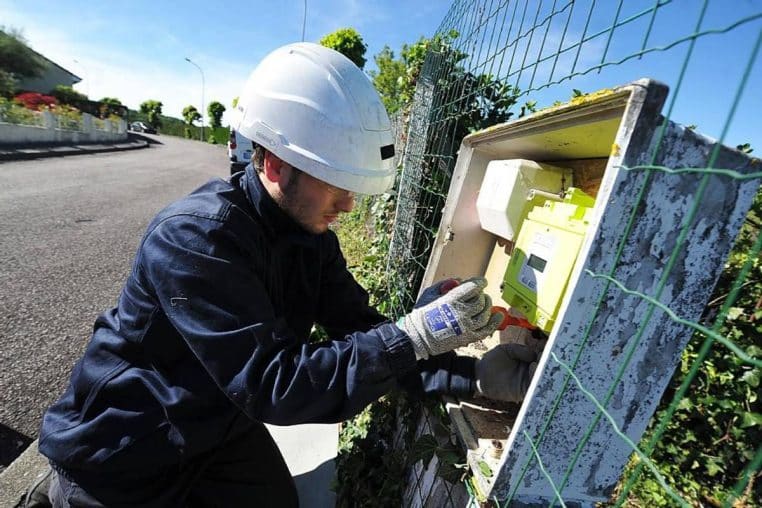In the near future, the Linky meter will become mandatory for all households in France. We now know the deadline. Be cautious: if you refuse its installation, you’ll have to dig into your pockets.
France in the Race for Energy Sobriety
For many years, France has been eager to make energy savings, particularly in electricity. It seems a bit odd, considering France is one of the world’s top electricity exporters. Yet, despite our production, the country is focusing on sobriety.
There are several reasons behind this. First, a more energy-efficient household means lower electricity costs, leading to increased purchasing power. An increase in purchasing power benefits society, especially during times of significant national debt.
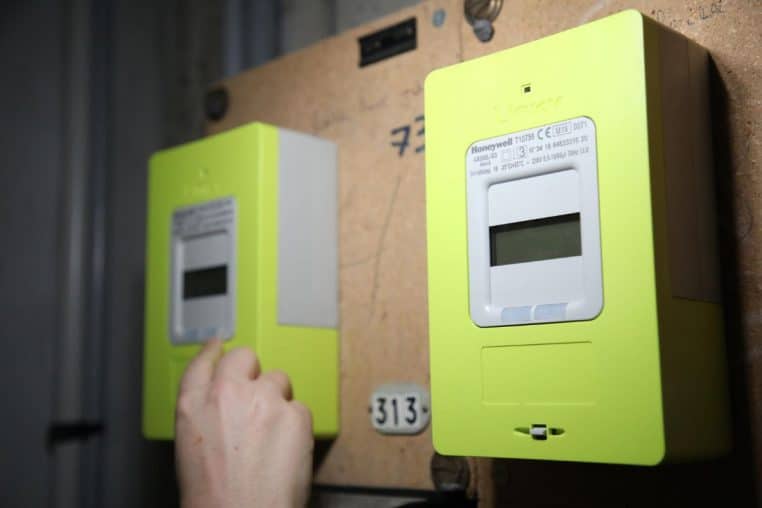

Using less energy allows for more to be conserved and thus sold more abroad and stored for emergencies. This means that the country earns more money through energy sales (therefore replenishing its coffers) and prepares for any outages or disruptions.
Moreover, France is part of the European Union. Currently, and for several years, the European Union has been working diligently on establishing energy sobriety among its member states. This plan fits within its broader environmental preservation strategy.
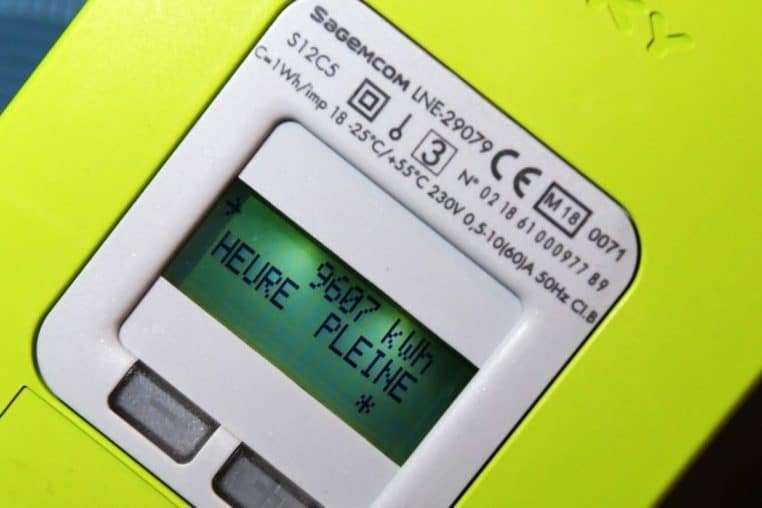

The Linky Meter: Massively Democratized but Criticized
To reduce energy consumption in households, France has implemented a widely adopted system since 2015/2016: the smart Linky meter. This initiative was launched at the request of the Agency for Environment and Energy Management (Ademe), which prompted Enedis to install it across the country.
Enedis, the electrical network operator, oversees the installation of this meter. While the cost of installation for France is substantial, it is free for users. And for institutions, the long-term savings in energy are expected to justify the expense.
Currently, more than 30 million households are equipped with the Linky meter, while others still use older manual meters. Some are allowed to refuse its installation if it can’t be installed technically. However, many individuals refuse it on principle.
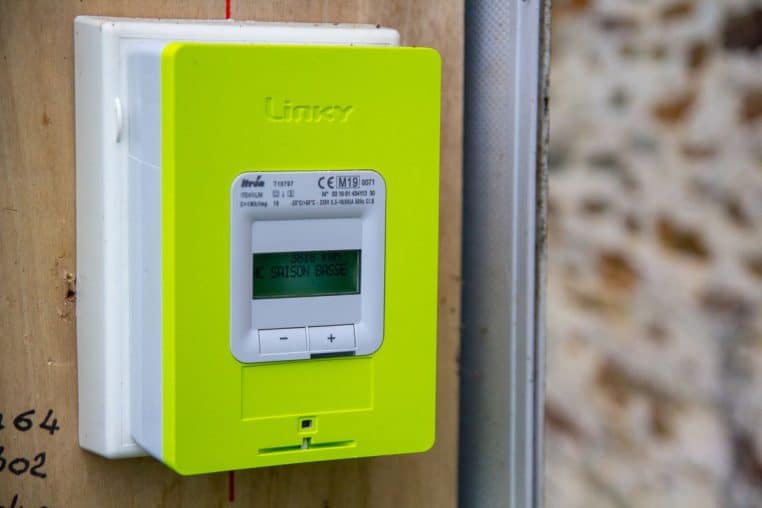

Why Many People Boycott the Smart Meter
Refusing on principle is not considered valid by Enedis. In fact, many people boycott the Linky meter for various personal reasons. Some of the cited reasons include the alleged danger of the meter (as some claim it could cause fires).
Possible health issues are also mentioned among the reasons. Indeed, some people who oppose its installation believe that the smart meter could have detrimental effects on human health. Finally, some are concerned about the privacy of their data.
Indeed, the yellow box transmits your electricity consumption data in real time to Enedis and your electricity supplier. Some individuals do not want their consumption data shared in this way.
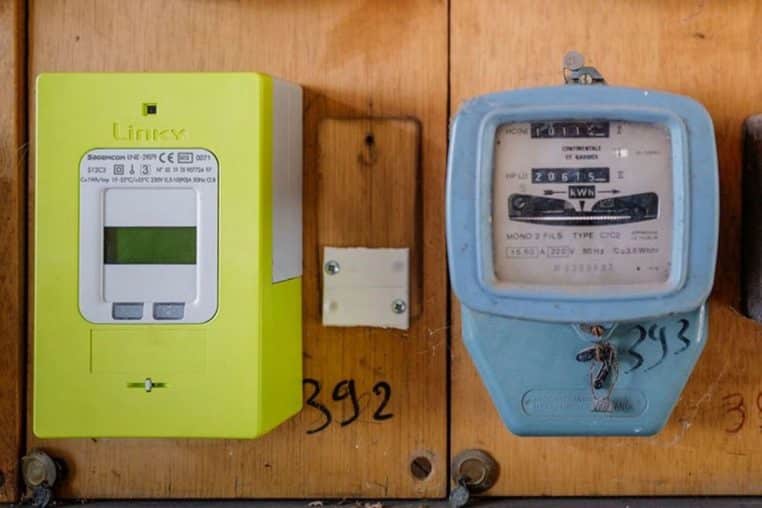

Some even fear that their consumption data could be used to control their Linky meter and allow the government to limit their electricity consumption as it sees fit. In short, all these reasons lead many households to refuse its installation.
Additionally, it appears that many households are overpaying for their energy due to their smart meter. According to a study, 56% of households might be paying more due to an overestimation of their maximum power.


The Yellow Meter Allows for Savings
In practice, the Linky meter does allow for savings. Since your consumption data is collected in real time, it enables Enedis to perform remote repairs and detect issues on your behalf.
Moreover, you can also adjust your consumption based on the data collected in real time by the meter. For instance, if you notice a peak in consumption at a certain time, you can deduce which appliance is consuming too much and adjust it accordingly.
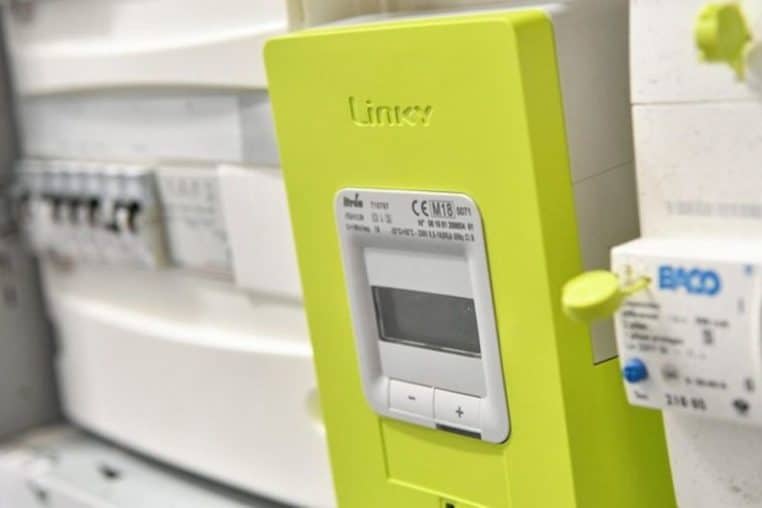

Refusing Installation Means Paying Additional Fees
This often enables people to save on their bills. However, despite this advantage, many individuals still refuse its installation. But, those who refuse really don’t have much of a choice. In principle, you can refuse the installation, but you will incur additional charges.
Enedis and the authorities aim for everyone to have the Linky. While they can’t force you to install it, you have the right to refuse and keep your old meter. Nevertheless, if you refuse, you will have to pay.
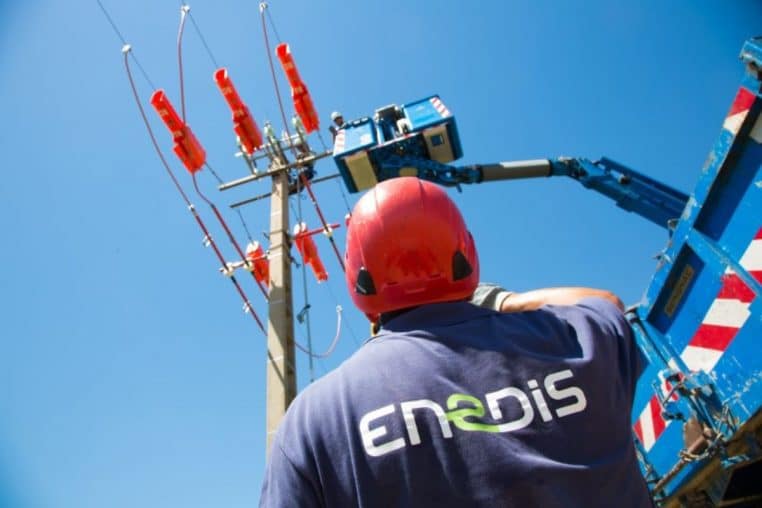

The Linky meter allows for the avoidance of manual meter readings by a technician. Therefore, if you refuse the smart meter, manual readings and maintenance will be necessary, which will incur a fee. Thus, there will be additional costs if you retain an old meter.
According to Engie, “if your home is still equipped with an old meter, and if you’re among the 10% of households yet to have a Linky smart meter, there will be no charge at the time of installation.”
“There are still about 2.1 million households left to equip with the Linky meter. […] Since January 1, 2023, the Energy Regulatory Commission (CRE) imposes a special tariff treatment on these consumers without a Linky,” the energy supplier adds.
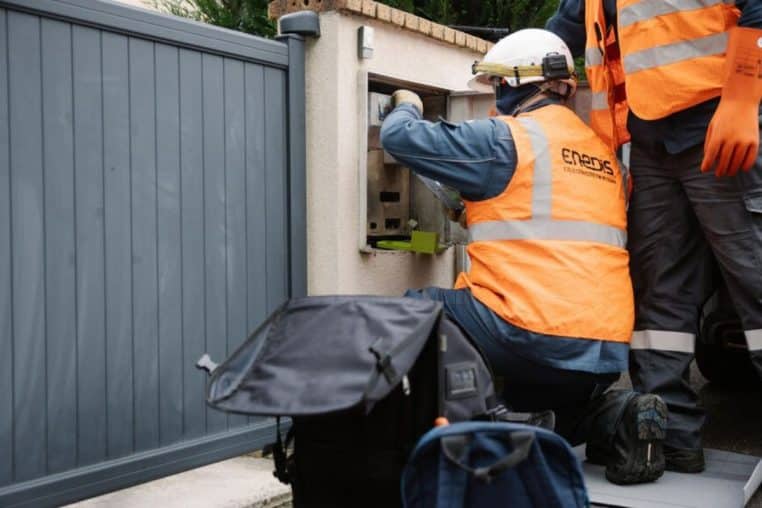

How Much Will You Pay and From What Date?
“These fees are sometimes referred to as the ‘Linky tax,’ but it’s not technically a tax. Furthermore, it only applies to individuals who unequivocally refuse installation,” can be read on the site.
“It does not apply to all unequipped households, especially those who, for technical reasons, cannot have a communicating meter,” explains Engie.
According to the energy supplier, starting from August 1, 2025, individuals who refuse to install the meter will have to “pay 6.48 euros every two months, totaling 38.88 euros per year.”
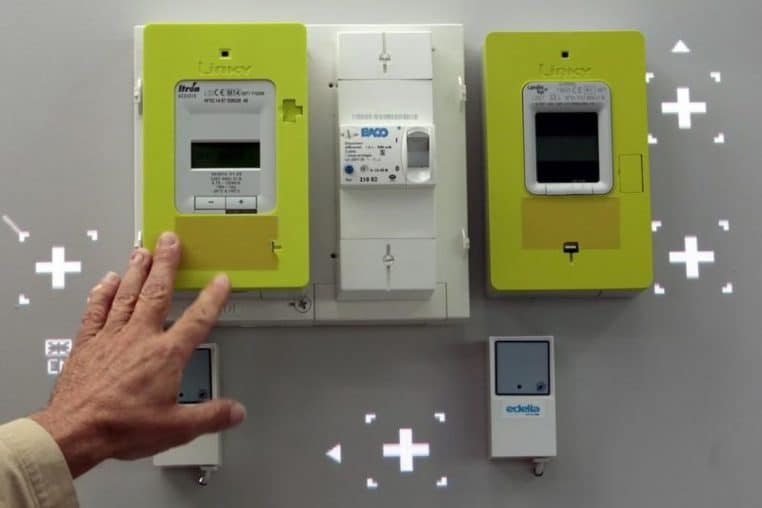

If users do not submit their consumption readings themselves, “an additional contribution of 224.84 euros per year will be applied, at a rate of 4.14 euros every two months.”
You’ve got it; the deadline is fast approaching. According to Engie and most media outlets, you have until August 1 to have a smart meter installed at your residence. If you refuse, you’ll incur additional fees.
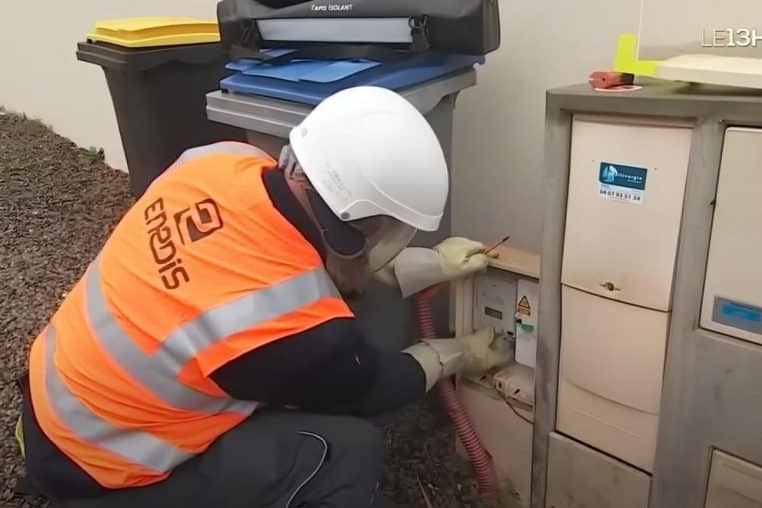

Is It Really Possible to Refuse Installation?
Yes, there are additional fees, but can you genuinely refuse the Linky and only incur these fees? As mentioned earlier, normally yes. However, recent events have raised doubts.
For instance, there have been recent cases where users refused the installation of the meter and took their case to court. However, the judiciary did not rule in their favor.
“Two users refused the installation of a Linky smart meter on their property. They sued Enedis to prevent its installation. The Court of Appeals rejected their request, a decision confirmed by the Court of Cassation,” reads a report.
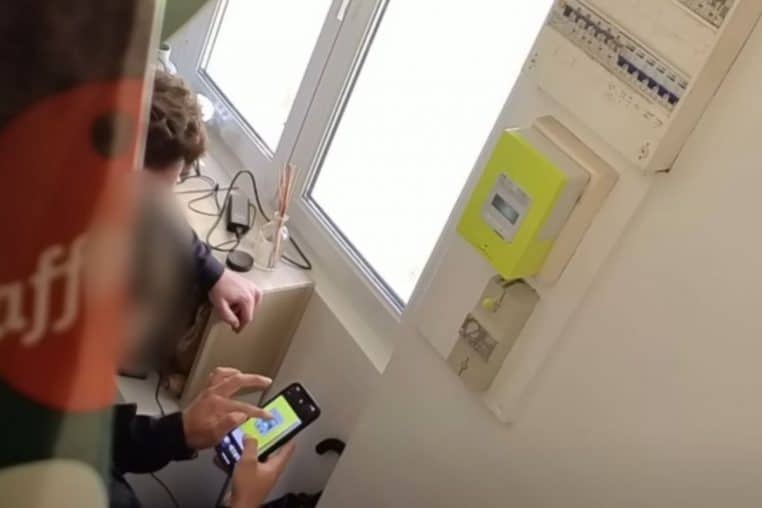

“For the first time, the Court of Cassation has taken a stance on the obligation for users not to obstruct the installation of the Linky meter on their property,” can also be read. The judiciary referred to a statement by the Court of Cassation:
“Users cannot oppose the installation of a Linky meter on their property, as it pertains to the exercise of the prerogatives of the electricity network manager, mandated by law and terms of the regulated contract for users.” (April 9, 2025).
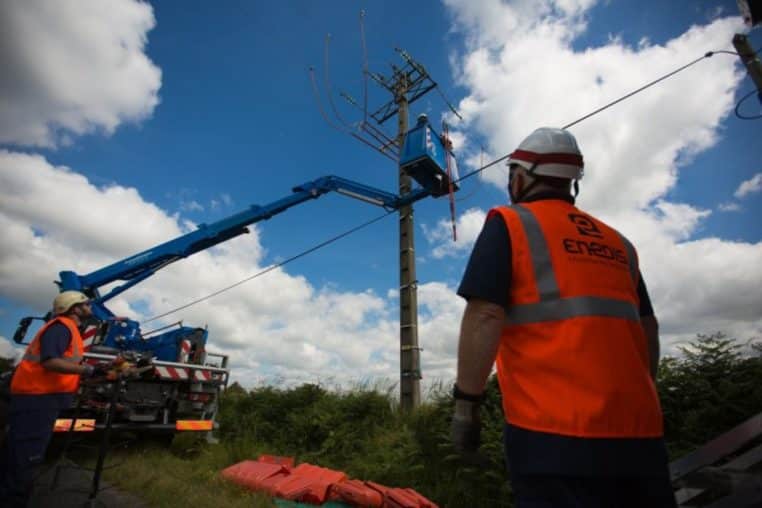

Meters Are Not Owned by Customers
Furthermore, according to Engie, the meters “are not the property of the customers, whether they are homeowners or renters. The meters are part of the public electricity distribution network’s equipment.”
Does this mean the meters are like sewer grates? Should they not be obstructed from installation and not touched? Currently, many users remain unclear about this issue.

